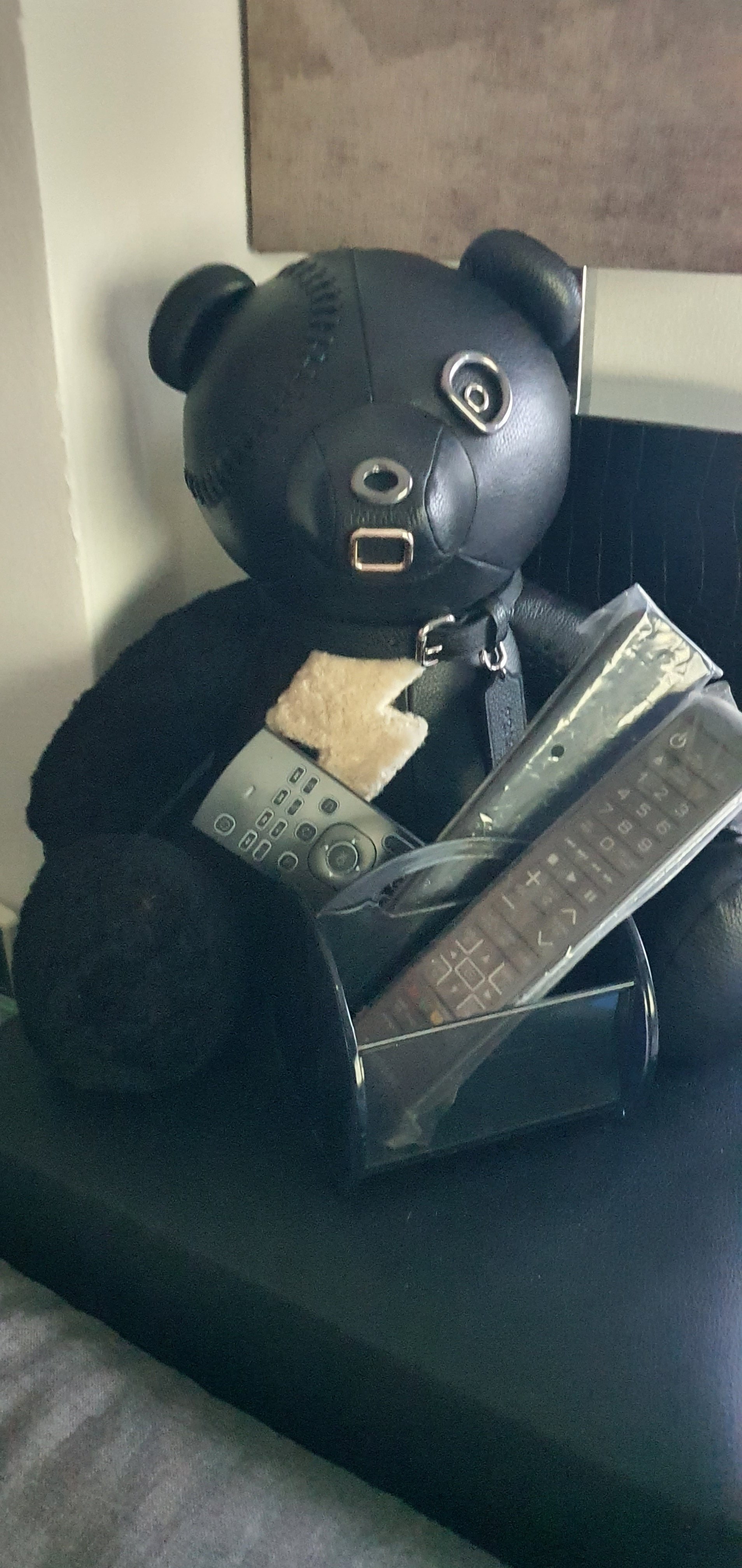
winfredcth
暂无个人介绍
IP属地:未知
253关注
5粉丝
0主题
0勋章
ok
Berkshire Hathaway Buys Back $6.9B of Stock in Q4; Operating Earnings Rise 45%<blockquote>伯克希尔哈撒韦公司第四季度回购6.9 B美元的股票;营业利润增长45%</blockquote>
true
Buffett Full Annual Letter:Apple is One of ‘Four Giants’ Driving the Conglomerate’s Value<blockquote>巴菲特完整年度信:苹果是推动巴菲特价值的“四大巨头”之一</blockquote>
gd
Buffett Full Annual Letter:Apple is One of ‘Four Giants’ Driving the Conglomerate’s Value<blockquote>巴菲特完整年度信:苹果是推动巴菲特价值的“四大巨头”之一</blockquote>
Yes
昨夜今晨:欧美股市涨嗨了!苹果冲击3万亿美元市值大关
👍👍
Big tech shares jumped in morning trading<blockquote>大型科技股早盘上涨</blockquote>
Wow
抱歉,原内容已删除
👍
外媒头条:靴子落地!美联储官宣11月启动减码购债
👍
抱歉,原内容已删除
Gd
抱歉,原内容已删除
True
抱歉,原内容已删除
Expected
昨夜今晨:能源危机压顶!美油再创七年新高
Like
S&P 500 ends lower after U.S. September jobs miss<blockquote>美国9月份就业机会未达预期,标普500收低</blockquote>
Pain is coming
外媒头条:高通胀没完!鲍威尔称供应瓶颈是元凶
Wow..gd to know
抱歉,原内容已删除
Gd to invest now
抱歉,原内容已删除
Gd to know
抱歉,原内容已删除
$Apple(AAPL)$#freeappleshare
去老虎APP查看更多动态